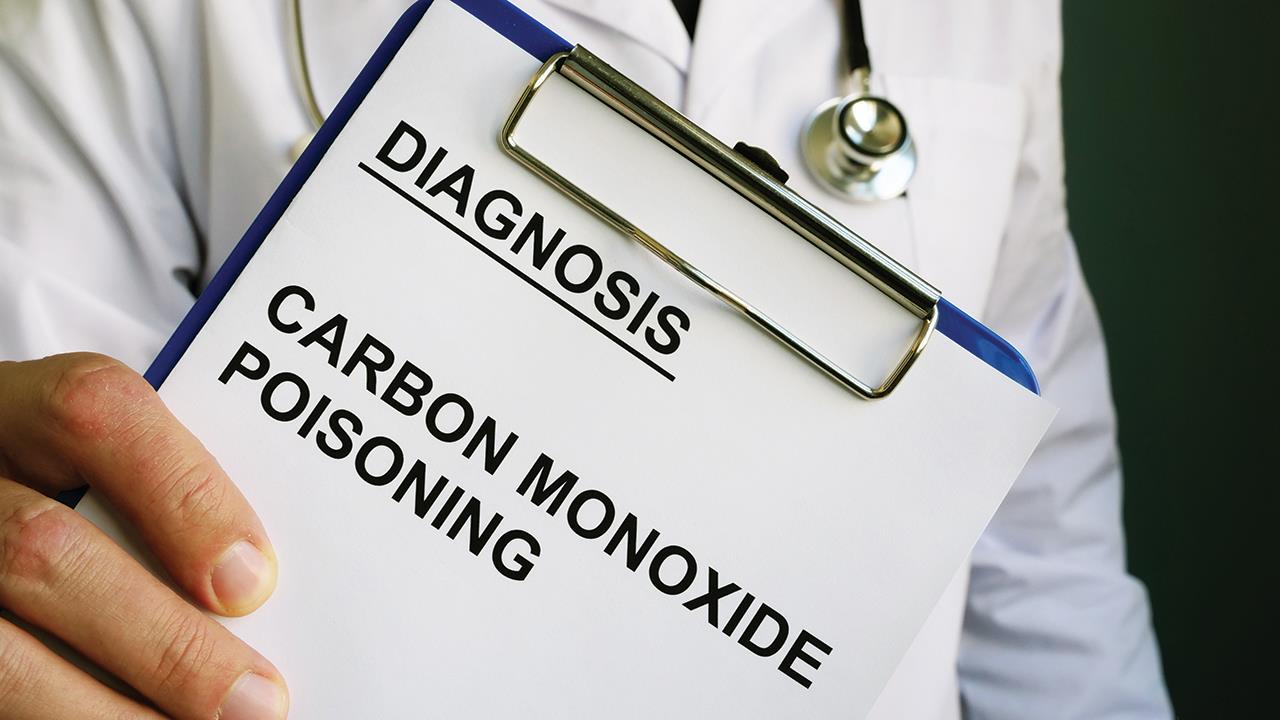

A recent survey of 335 heating engineers, conducted by campaign group Project SHOUT, identified an alarming rise in dangerous gas appliances, with over a third (39%) seeing poorly maintained or badly fitted appliances every week, with nearly two-thirds (61%) saying they saw them at least monthly.
I applaud Project Shout for bringing these figures to light. At CO-Gas Safety, we call on all engineers to highlight the importance of regular maintenance to their customers.
Any carbon-based fuel that burns (such as coal, wood, oil, petrol, gas, charcoal, etc.) emits CO, and death or serious injury can result from appliances fuelled by these not being regularly serviced. The symptoms of CO poisoning are similar to those of any virus, including COVID-19, so it’s important your customers know what to look out for as well.
It’s vital to not only have appliances regularly serviced for safety, but also for efficiency and cost. Also, it’s worth stressing that chimney and flue sweeping, plus adequate ventilation, are vital to avoid CO poisoning.
In order to move things in the right direction, suggest to your customers to start saving for a service and CO alarm now, before the autumn, and give them a quote.
CO alarms to EN 50291
For safety reasons, we suggest that you only buy CO alarms to EN 50291 direct from the manufacturer or from a good DIY shop or supermarket, not from the Internet, and we suggest selling them to your customers at cost, ideally.
When you install it, make sure to take the alarm out of the box and ensure it is working. We also recommend a CO alarm that offers downloadable data.
In addition, it’s important to stress to the customer that it is servicing that prevents CO exposure. A CO alarm helps prevent death or serious injury, but it is not a health monitor.
To help your customers understand the importance of implementing some of these measures, our website providers a number of case studies (www.co-gassafety.co.uk/case-studies), which we urge you to share with them. For example, although 11 year-old Katie Overton sadly died of CO poisoning, once her family’s boiler was serviced and properly cleaned, it was perfectly safe again.
If your customer is a landlord, it’s worth reminding them that they have a legal duty to keep the gas appliances that they own or control in a safe condition. In addition, landlords have a duty to undertake an annual gas safety check for gas appliances the they own or control.
Flaws in the system
Getting down to brass tacks, suppose CO is suspected or a CO alarm sounds, you may ask: won’t the gas emergency service sort it out?
The normal procedure, when a customer calls the gas emergency service on 0800 111999, is to tell them to turn everything off, open windows and doors, and get out.
However, this means that by the time the First Call Operator arrives, any CO originally present will nearly always have been dispelled.
Unfortunately, the gas emergency service has no duty to relight gas appliances and test the air for carbon monoxide under BS 7967.
Testing heating systems for CO matters because testing the person for CO poisoning is unreliable, even if the survivor can persuade medics to test them. This is because CO quickly leaves the blood and breath in fresh air or oxygen.
So, how can anyone be considered safe unless the air and possible sources of the CO are tested, especially if CO is suspected or after a CO alarm has sounded?
In our experience of over 27 years, without proof of the presence of CO, ideally in Parts Per Million from an engineer, medics tend to think CO poisoning is rare and treat survivors “as if we had made the whole thing up”, to quote one young mother, Amber Yates, a victim of such poisoning.
Survivors tell us that not being able to prove exposure to CO, even to medics and their own families, can be worse than their life-changing injuries.
Positive signs
We have heard that in some trials conducted by Cadent, the gas emergency service is testing for CO in the homes of ‘vulnerable consumers’ e.g. poor, sick, elderly, or disabled people, etc. We’ve also heard that at least one other emergency service provider of the existing four is mirroring Cadent.
This is very good news, but there is so much more that needs to be done.
Everyone is vulnerable to CO; it doesn’t matter how wealthy, intelligent, well-educated, and competent a person is, CO can affect higher intellectual functions and leave people unable to contact a Gas Safe-registered engineer; even if they can afford to hire one, which many people cannot.
If your customers can’t afford servicing or their landlords refuse to do anything about potential problems, we ask them to contact their energy providers, gas emergency service providers, and local MP, and copy us in office@co-gassafety.co.uk, so that we can help raise awareness of their plight to the organisations that can make a real difference in tackling the dangers of CO.
If you'd like to keep up-to-date with the latest developments in the heating and plumbing industry, why not subscribe to our weekly newsletters? Just click the button below and you can ensure all the latest industry news and new product information lands in your inbox every week.